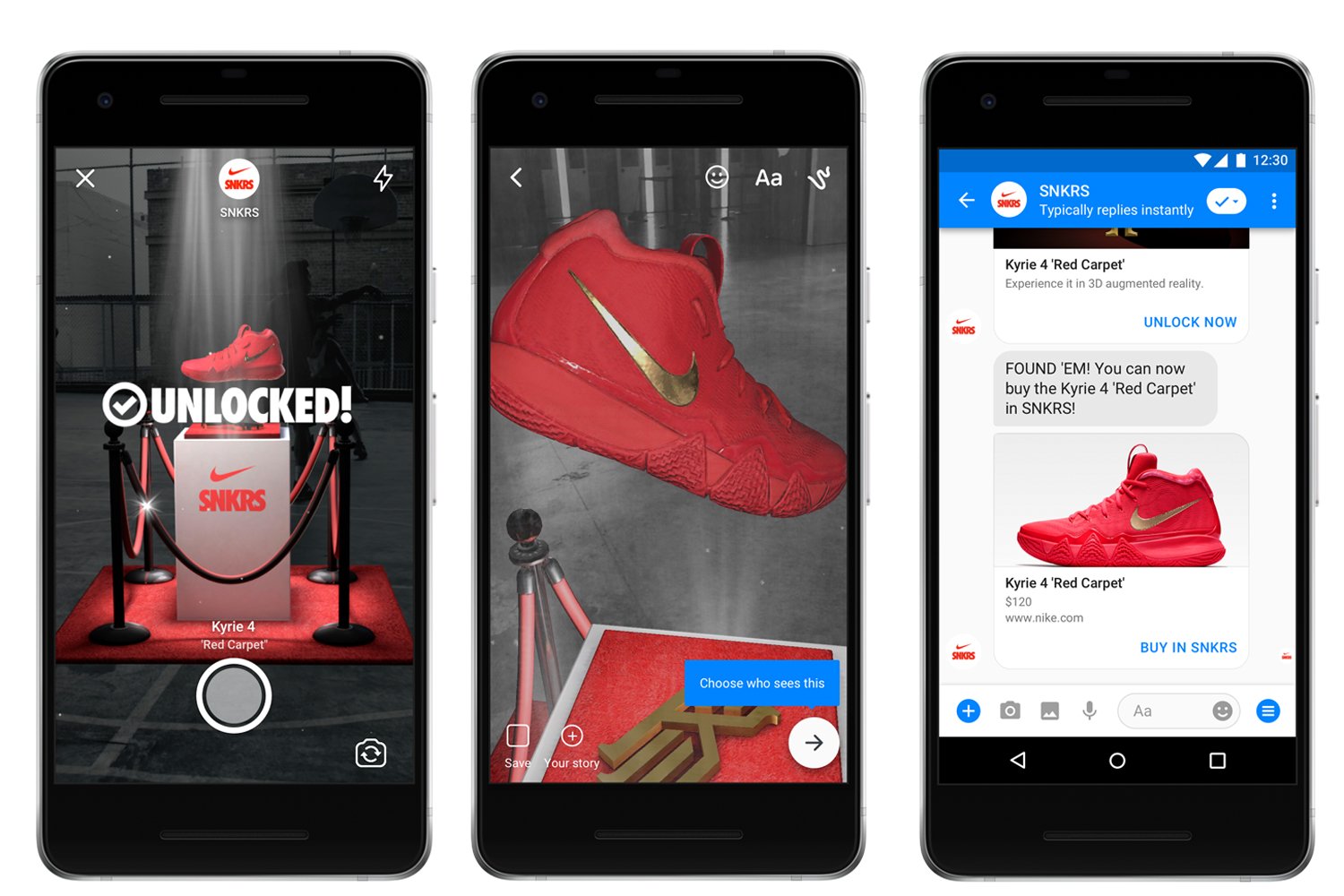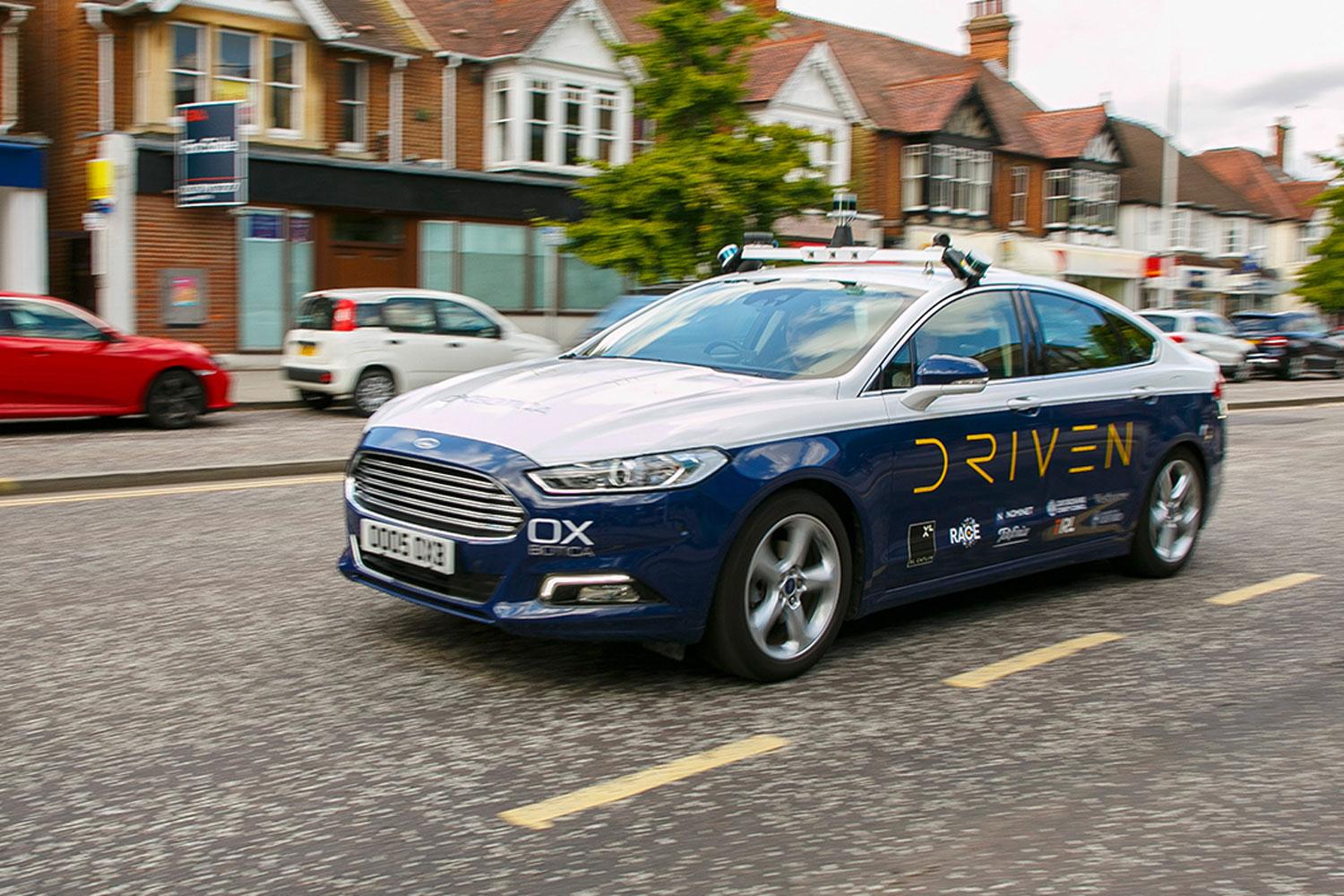What will the world look like at the end of 2019?
Will we all be driven around in autonomous vehicles and using augmented reality to interact with objects around us?
Not quite, but there are a lot of technological developments to look forward to in the coming months. Sleep tech, for example, is set to be huge in 2019 and improvements in voice tech will mean the way you shop could change.
Here are all the tech developments we’re looking forward to this year.
Artificial intelligence: we still haven’t realised its potential
We already use AI in our everyday lives, whether it’s an Amazon Echo device in our homes or Android’s smart adaptive battery technology in our phones.
But AI still has a long way to go before it reaches our ambitious expectations, according to Darren Barker, VP and GM UK at Hitachi Vantara. If we want to realise the potential of AI, Barker thinks we need to take off the rose-tinted glasses and create things that actually work for people.
“Whether its AI, Internet of Things, or machine learning – businesses must start with a firm understanding of their business objectives and challenges, then work backwards to find a solution that fits. Rather than pouring investment into exciting new technology and shoehorning it in,” said Barker.
Sleep tech: Tech’s hottest trend
Find it hard to switch off at night because of the blue light from your smartphone? Tech will aim to solve all your sleeping problems in 2019 according to Jeroen Tas, chief innovation and strategy officer at Phillips.
As part of FleishmanHillard’s Tech Trends report, Tas said: “Technologies that proactively improve our sleep will become much more prominent in 2019. These innovations will be used to give really solid insights as to how we can gain some well-needed rest and boost our sleep quality, thus supporting health behaviours like sleep, exercise, nutrition and meditation.”
One of our favourite gadgets from 2018 was the Bose Sleepbuds, noise-cancelling earbuds designed to help you fall asleep, so we’re certainly looking forward to new sleep tech in 2019.
Augmented reality: AR will become more widespread
AR started to break into the mainstream in 2018 with more and more companies taking advantage of Apple’s ARKit and bringing AR apps to the fore.
For Max Dawes, managing director at Zappar, the company that creates AR and VR solutions and apps for some of the world’s biggest tech companies, AR is only going to get bigger in 2019.
Dawes thinks AR is going to be less about apps and more about creating experiences on the mobile web. Companies need to start making great AR experiences on mobile web pages without requiring people to download another new app to access something.

Great AR experiences, like seeing Nike trainers via Facebook Messenger, will become more widespread (Facebook)
In general, the technology is reaching a point where more people and companies understand it. This is a great moment for AR. “Before we know it, we could be part of a world of permanent digital discovery driven by daily information and utility – not just transient moments of surprise and delight,” added Dawes.
Coding: Everyone is going to be doing it
If you’re not learning to code yet, why not? You don’t need to become a computer scientist, though it would certainly help to solve the STEM skills shortage, but coding can be just as useful a skill as reading.
Ayah Bdeir, founder of STEM toys company littleBits, thinks 2019 is going to be all about coding in the classroom. “2019 will be the year that educators focus in on giving kids a solid foundation in coding so that they can be competitive in the future of work,” she said.
Self-driving cars: Getting there
Oxbotica hopes to have autonomous vehicles commuting between Oxford and London by the end of 2019, but there’s still a while to go before driverless cars become part of your daily routine.
That being said, testing and development of self-driving cars will ramp up in 2019. Moe Kelley, partner at global consultancy firm Oliver Wyman, thinks this will be facilitated by companies like Tesla, which can improve the capabilities of current cars on the road with software updates to its autopilot tech.

Developments in self-driving tech means you will see more tests on the road (Oxbotcia)
Like software updates for your phone, Kelley believes this will push forward the arrival of self-driving cars.
Voice tech: Chatting to bots will transform retail
Voice tech is getting better and better. Microsoft’s voice recognition software now has an error rate of 5.1per cent, the same as humans, and the Google Assistant can understand almost anything you ask it.
Where we will really start to see this benefit is in retail, according to Derek O’Carroll, CEO of retail software platform Brightpearl. You can now shop Argos products through Google Home but as the tech gets better, more retailers will take advantage.
“2018 saw incremental increases in this trend, and I believe we’re on the verge of full-scale search revolution – which is set to happen over the next few years,” said O’Carroll.
“Sheer accuracy of recognition is what will take voice search into the mainstream.”
Wearable tech: Get ready for the smart fabrics
We’re used to wearing Fitbits or Apple Watches, but wearable tech in 2019 is going to be all about smart fabrics. According to Andy Miller, SVP of innovation and product development at AARP, 2019 is the year smart fabrics become more intelligent.
“Established companies, as well as start-ups, will introduce technology ecosystems for smart fabrics and the health and fitness industry will unlock the potential of embedded sensors to add valuable benefits like baseline measurements and monitoring.

Kymira makes smart clothing for athletes to aid recovery and performance (Kymira)
“At the same time, thanks to the demands from professional athletes, smart fabric fitness apparel for everyday wear will finally feel like fabric the masses want to wear, moving from stiff and scratchy to comfortable and breathable,” Miller added.
What about 5G?
The next generation in mobile tech, 5G, is being extensively tested across the UK already, with companies including EE, 3 and O2 testing their 5G services.
EE hopes to launch 5G services in 16 cities, including London, Glasgow, and Manchester.
2019 should also see the arrival of the first set of smartphones, including from the likes of Huawei and OnePlus, though Apple is reportedly going to be holding off until 2020.

